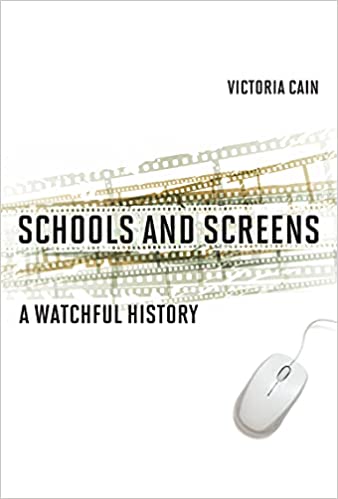In this fascinating, well-researched work, Cain (history, Northeastern Univ.;
Life on Display: Revolutionizing U.S. Museums of Science and Natural History in the Twentieth Century) relates the seldom-told story of how screens—film, newsreels, television, computers—have been deployed to reform and transform education in the United States. This book focuses on the early 1930s to 2000, with additional insights into the impact of the COVID-19 pandemic on online learning. Cain notes that at different points in U.S. history, large-group viewing of various multimedia was funded and promoted to address classroom crowding, teacher fatigue, and underserved pupils. Though teachers often had valid arguments against this pedagogical practice, those who resisted it were unfairly painted by organizations such as the Carnegie Corporation as uninspired, unprepared, or technophobic, as the era’s prevailing perception was that screen-based learning made education more efficient. Over time, the goal of screen learning evolved: during peacetime, the intent was to teach students to think, while during wartime, the goal was to encourage them to defend the nation. Cain notes too that in some cases educational uses of screens emphasized rather than reduced racial and socioeconomic inequities. In some regions of the country, instructional technology was used to reinforce and preserve segregation, he argues, despite earlier efforts by foundations to improve opportunity and equity.
VERDICT This intriguing history will resonate with those interested in 20th-century educational reform, the digital divide, and instructional technology.




Comment Policy:
Comment should not be empty !!!